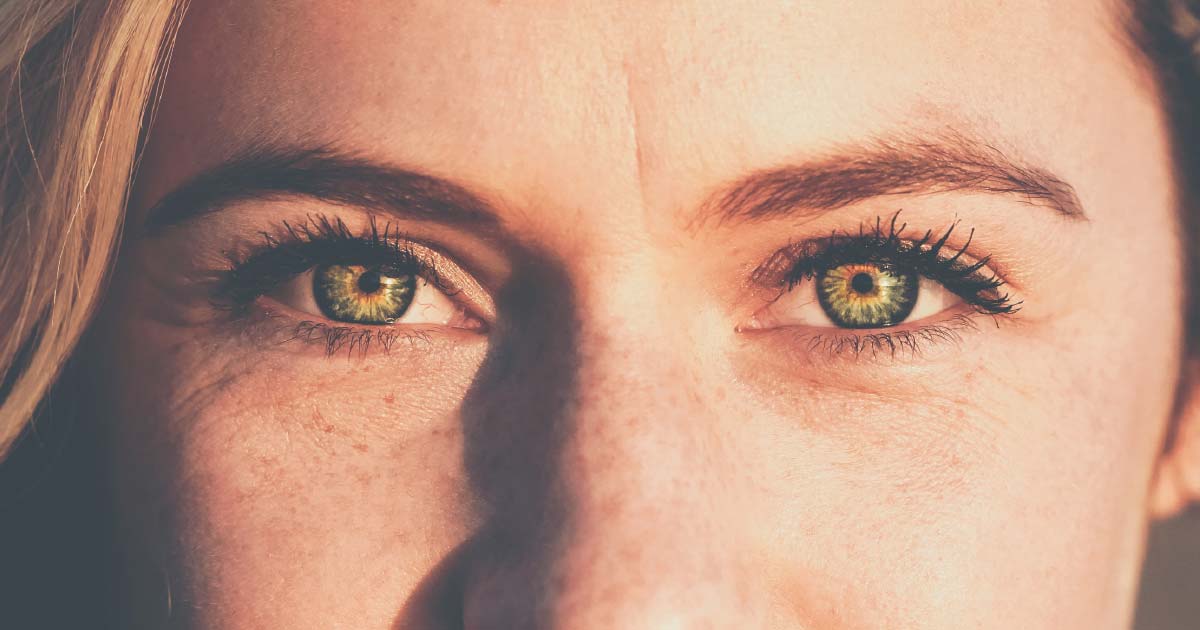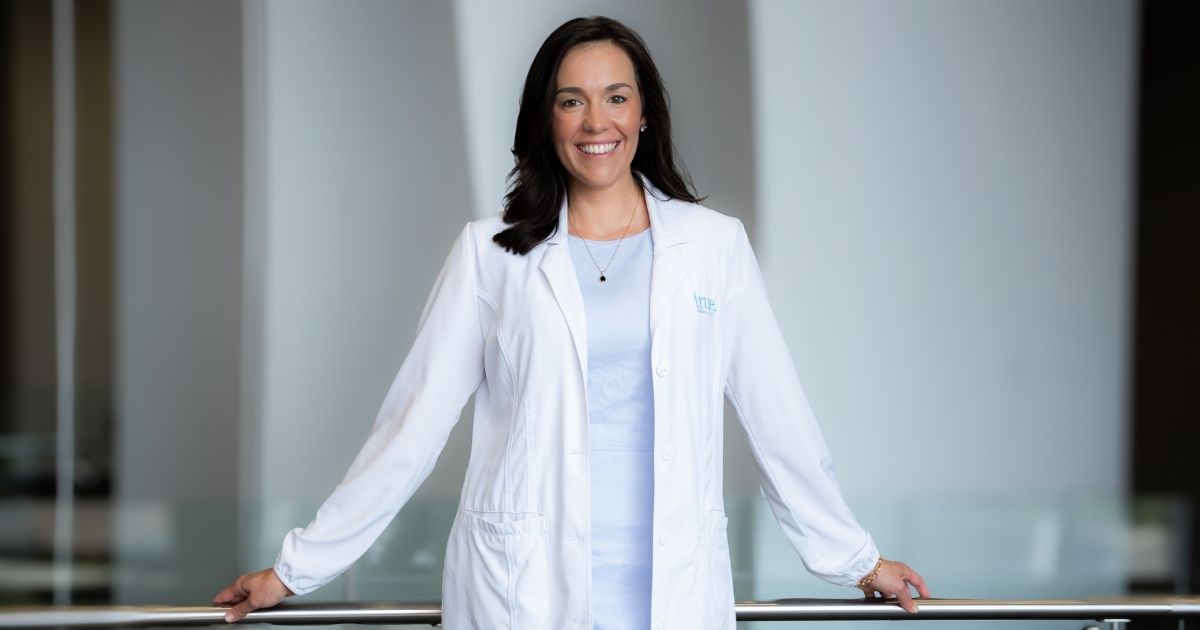According to a July 2020 survey by The National Center for Health Statistics and Census, 30% of adults had symptoms of depressive disorder, compared to 6.6% last year, and 36% had symptoms of an anxiety disorder, compared to 8.2% last year—a jarring jump. Evonne Edwards, Ph.D., Clinical Director, Outpatient and Recovery Services, Pine Rest Christian Mental Health Services, says to get to seek treatment early if you notice yourself struggling with your mental health.
"Reach out. It can be easy to underestimate the mental health impact of decreased social contact, especially for introverts—but we know that social support, laughter and activities are good for mental health," said Edwards, author of Preparing Michigan for the Behavioral Health Impact of COVID-19. "Call a friend, family member or support person. Engage in a socially distanced ice cream or coffee date. Meet outside. Try the Houseparty app or play an online game with a friend. Set up a Zoom meeting with your friends. Join an online Bible study or book club."
If you notice a friend or family member struggling, Rhonda Brink, L.M.S.W., Director, Psychiatric Urgent Care Center, Contact Center and Partial Hospitalization Programs, Pine Rest Christian Mental Health Services, recommends touching base.
"Words of encouragement and affirmation are important," Brink said. "Being assured by someone they already know or trust that there is hope and that there are options for help can be exactly what's needed for someone to take the next step and seek treatment. If you need support to take action with a family member or a close friend, it's also appropriate to reach out to Pine Rest and ask for help."
It's important to recognize how powerful the human brain is.
"We can 'fix' an organ, a body system, or a muscle group, but we must recognize that pain or a disorder may have also created a pathway in the brain that may be different from a pathway of vitality," said Nisha McKenzie, PA-C, CSC, NCMP, IF, Women's Health Collective. "We must work to help create new pathways for the brain to follow through a phenomenon called neuroplasticity, in which we can train the brain to follow a new map. We know now that even the adult brain can experience neuroplasticity, but it does need guidance in doing so."
We are all living through unprecedented times right now, notes McKenzie, who recommends reading The Body Keeps the Score: Brain, Mind, and Body in the Healing of Trauma, by Bessel Van der Kolk, M.D.
"Many are experiencing stressors that are greater than they could have ever imagined," McKenzie added. "These are the times new pathways are forged. These are also the times we can work to acknowledge and change the pathways created by stress or trauma."
Written by Sarah Suydam, Staff Writer for West Michigan Woman.
This article originally appeared in the Oct/Nov 2020 issue of West Michigan Woman.




